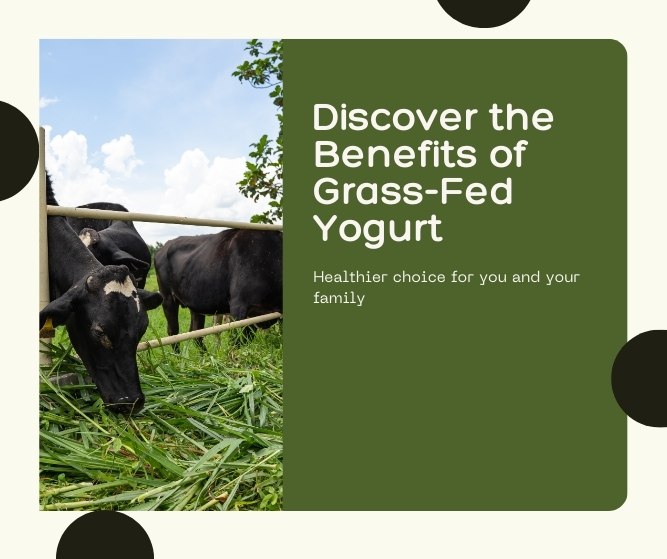
First, I like oatmeal. But not all oats are created equal. You will also see some biohacking and longevity guru’s say that oatmeal is poison to your body and it is a peasant, livestock feed, or great depression food, with no health benefits, but to just fill up your belly and make you fat.
To be clear, my approach to nutrition is this. If God made it for human consumption, I have it on my list of available macronutrients to fuel my life. If you are curious, the Biblical food laws are laid out in the bible, but it is pretty much a paleo-style model. Another rule is if a man touches it and made changes to it from its original state, the food automatically gets a yellow or red flag for consumption in my house.
Let’s talk oats. So first, if the oats were heavily processed like instant oats in any way they are a no go. Instant oats are ALL TRASH. There are only two styles of oats I look for, but pretty much just one. You have steal-cut oats or sprouted oats.
Steel-cut oats, or Irish coarse oats, are the least processed form. Steel-cut oat processing involves chopping whole groats into smaller pieces using steel blades. The resulting oats take longer to cook. In the process of cooking steel-cut oat, phytic acid is also released and the oat is broken down more into an easier digested grain. This soaking concept is also used for nuts and seeds to reduce the phytic acid concentration and increase the bioavailability of nutrients.
Sprouted oats are oats groats that are harvested and dried out right after they’ve begun to germinate. Because these have started to germinate, they are easier to digest, the phytic acid concentration is mute at this point in the plant, making the nutrients more bio-available for human consumption. This concept of sprouting goes for all grains. That is why I only eat sprouted bread now, too.
the primary difference between steel-cut oats and sprouted oats is their processing methods and texture. Steel-cut oats are minimally processed, have a chewy texture, and take longer to cook, while sprouted oats undergo a sprouting process, have a softer texture and cook faster. Sprouted oats are often considered more digestible and may have slight nutritional advantages due to reduced phytic acid content. However, both types of oats can be part of a healthy diet, and the choice between them largely depends on personal preferences.
Oats have vitamins and minerals like B vitamins, magnesium, iron, and zinc. I take my vitamin and minerals on their own. I don’t look at oats, and think this is part of my vitamin consumption for the day. I couldn’t care less. Research suggests that phytic acid will reduce your body’s ability to absorb vitamins and minerals. That is why many health influencers say plants high in phytic acid are very bad for you. I do get this. But there is a balance here. Having a serving of high-quality oats such that I said above as part of a well-balanced biblical diet is not going to hurt your health, but it can provide positive value to your health.
Other things. Oats are a complex carbohydrate, also known as polysaccharides, and are a type of carbohydrate made up of long chains of sugar molecules. Unlike simple carbohydrates, which consist of one or two sugar molecules and are quickly digested and absorbed into the bloodstream, complex carbohydrates are more complex in structure and take longer to break down in the digestive system. They are a fundamental source of energy for the body and offer several health benefits.
Oats are high in dietary fiber, which is vital for good health and immune function, and fiber is very important in feeding the gut microbiome. Complex carbohydrates also have a lower glycemic impact, putting less stress on your pancreas to manage blood glucose.
For me, oats are one of my sources of carbohydrates. You need carbohydrates to train the way I train. My body needs them to heal and recover from training, and your body can’t do protein synthesis (rebuild muscle) efficiently without carbohydrates. Because I like oats and they have a great soft response to my blood glucose, I use them as my primary pre-workout and post-workout carbohydrates for training. On days I am not training, I either eat fewer oats or skip them altogether.
Here is how I prepare my oats.
I overnight them. I use gluten-free, organic sprouted oats. I put them in a mason jar and soak them in reverse osmosis water at least overnight, I usually make 3 days worth, so as the days go by the longer the soak, not sure there is an added benefit, just convenient for me. Kinda a 1-2 punch on the phytic acid conversation here. I use about ⅓ cup of soaked oats, 1 cup of organic mixed berries, ⅓ cup organic whole milk Greek yogurt, 1 scoop of unflavored whey protein, and a teaspoon of raw local honey. My quick math gives me about 500 calories, which is 50g of protein (my goal is 40-50 per meal) 81g of carbohydrates, and 12 grams of fiber. If my workout is hard and long, I will eat this again after training for some days, but this is plenty of carbohydrates for the majority of my training.
So are oats the death to all food that some people make it out to believe? My research on the topic is no. Like any carbohydrate or food in general, thought and intention need to be done on why you are consuming them and how much you are consuming. Servings size matters here, what you put in them matters here, and the kind and how they are prepared matter here. Instant oats loaded with shit brown sugar are complete utter trash. But what I described above and how I use them to fuel my training, in my opinion, can and is part of my healthy lifestyle.
Hope this helps, and if you have a different, educated view point, please share it with me, I am always happy to learn and grow on the topic as I am doing this for my family, both gym and home family, to help us all live a better and healthier lifestyle.
P.S. Don’t waste your time stressing about my grammer, in the spirit of producing usable content, I don’t put much effort into it. The first draft is my final draft for this stuff.
Here is the oatmeal I have been using.
Love you all,
Derek








Leave a Comment